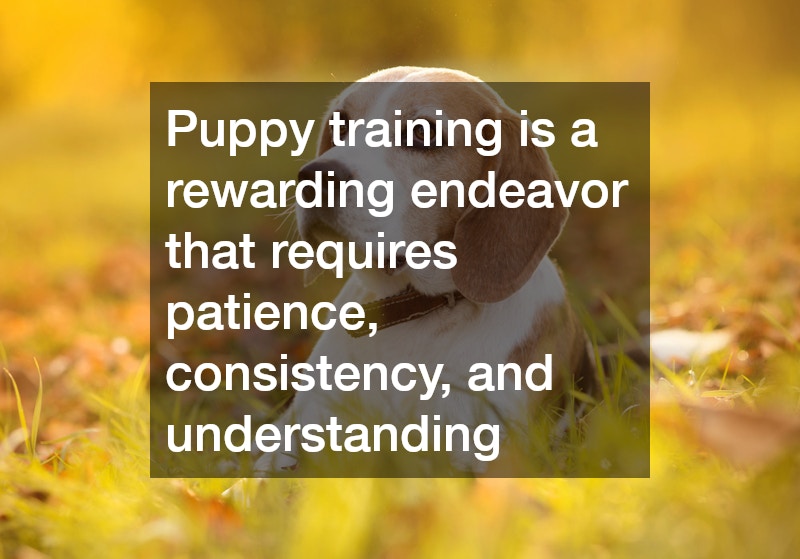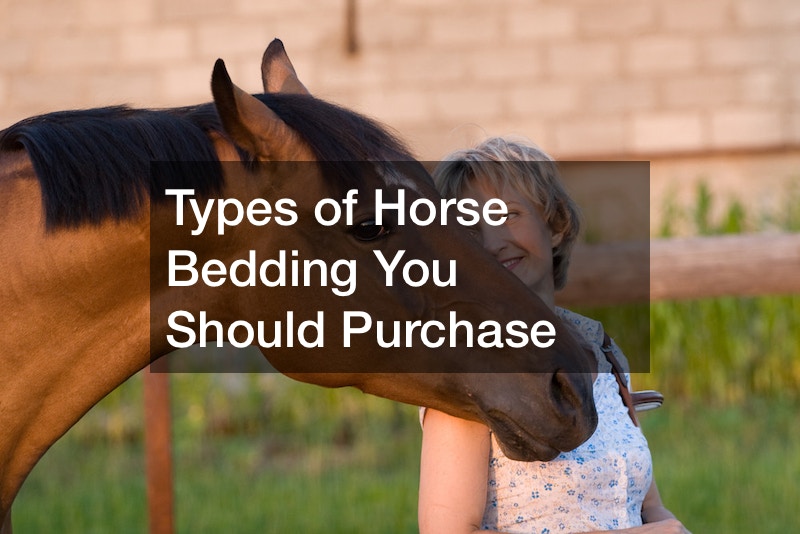Your Puppy Training Guide

Welcome to ‘Your Puppy Training Guide.’ A well-trained puppy is a joy to have and fosters a positive relationship between you and your pet. Below are answers to some of the most frequently asked questions about puppy training to equip you with the knowledge you need.
How to Start Potty Training a Puppy?
Potty training is one of the first and most essential steps in a puppy’s training journey. Consistency is key, as puppies thrive on routine and repetition. To begin, establish a designated potty area and bring your puppy there regularly, especially after meals and naps. Rewarding your puppy with treats and praise immediately after they successfully eliminate in the right spot reinforces the behavior. Accidents will happen, but patience and persistence are crucial in helping your puppy develop good habits.
During potty training, it’s important to keep a close eye on your puppy for signs that they need to go outside. Common indicators include sniffing around, circling, and restlessness. If you catch your puppy in the act of having an accident indoors, calmly interrupt them and take them outside to their designated potty area. Consistently cleaning up accidents with an enzymatic cleaner will remove odors and deter your puppy from using the same spot again. Remember, positive reinforcement is far more effective than punishment in teaching your puppy the desired behaviors.
What Are the Basics of Puppy Obedience Training?
Obedience training forms the foundation for a well-behaved puppy and sets the stage for lifelong learning. It begins with teaching basic commands such as sit, stay, and come. The key is to use positive reinforcement, rewarding your puppy with treats and praise when they successfully follow a command. Consistency in the use of commands and expectations is vital for your puppy to understand what is being asked of them. Training sessions should be brief and fun, ideally lasting no longer than 5-10 minutes to maintain your puppy’s interest and focus.
Incorporating commands into your puppy’s daily routine can reinforce obedience training. For example, asking your puppy to sit before feeding or putting on a leash helps establish expectations and develop a sense of discipline. Socialization is another critical aspect of obedience training, as it exposes your puppy to various environments, people, and other animals. This exposure not only prevents behavioral issues but also builds your puppy’s confidence and adaptability. Remember that each puppy learns differently, so it’s important to tailor your training approach to suit their individual needs.
How Often Should You Train Your Puppy?
Training a puppy is a gradual process that requires regular practice and reinforcement. Puppies have short attention spans, so it’s important to keep training sessions brief and encourage learning through repetition. Ideally, training should occur several times a day, with sessions lasting about 5-10 minutes each. Integrating training into your puppy’s daily activities can reinforce learning and establish good habits. For example, asking your puppy to follow commands before going outside or eating meals helps instill discipline and routine.
The goal is to make training a natural and enjoyable part of your puppy’s life. Combining training with play and exercise not only keeps your puppy engaged but also supports their physical and mental development. Consistency is essential in frequency and context; the more often you train, the more ingrained the commands become. However, it’s equally important to be patient and not rush your puppy’s progress. Celebrate small victories and be flexible in your approach, adjusting the frequency and intensity of training as your puppy learns and grows.
What Is the Best Age to Begin Puppy Training?
The ideal age to begin puppy training is as early as possible, often starting around 8 weeks old. Puppies are highly impressionable at this stage and can absorb new information quickly. Beginning training at an early age helps establish behavior patterns and prevents the development of unwanted habits. Socialization, a key aspect of training, can also start at this age, exposing puppies to diverse environments and experiences. Early training lays the foundation for lifelong learning and sets your puppy on the path to becoming a well-mannered adult dog.
How Can You Curb Unwanted Puppy Behaviors?
Unwanted puppy behaviors can be challenging, but they are an expected part of the developmental process. Common behaviors include nipping, chewing, and excessive barking, often stemming from teething, boredom, or lack of exercise. Identifying the root cause of these behaviors is essential to addressing them effectively. Providing appropriate chew toys, engaging in regular play, and ensuring your puppy receives enough exercise can reduce the likelihood of undesirable behaviors. Redirecting negative behaviors into positive outcomes using commands and rewards encourages your puppy to make the right choices.
Consistency and patience are vital in curbing unwanted behaviors. Set clear boundaries and ensure all family members adhere to the same rules to avoid confusing your puppy. It’s important to remain calm and avoid punishment, as this can hinder learning and damage your relationship with your puppy. Instead, focus on positive reinforcement and reward-based training to promote desired behaviors. For persistent issues, seeking guidance from a professional dog trainer can provide valuable techniques tailored to your puppy’s specific needs.
Final Thoughts
Puppy training is a rewarding endeavor that requires patience, consistency, and understanding. By addressing common concerns and applying effective training techniques, you can nurture a strong bond with your puppy and set the foundation for a harmonious life together. Remember, every puppy is unique, and tailoring your training approach to suit their individual needs is key to success. As your puppy grows and learns, your mutual understanding deepens, creating a relationship built on trust and companionship. With the right guidance and dedication, you can enjoy a lifetime of joy and fulfillment with your well-trained and loving canine companion.
.



